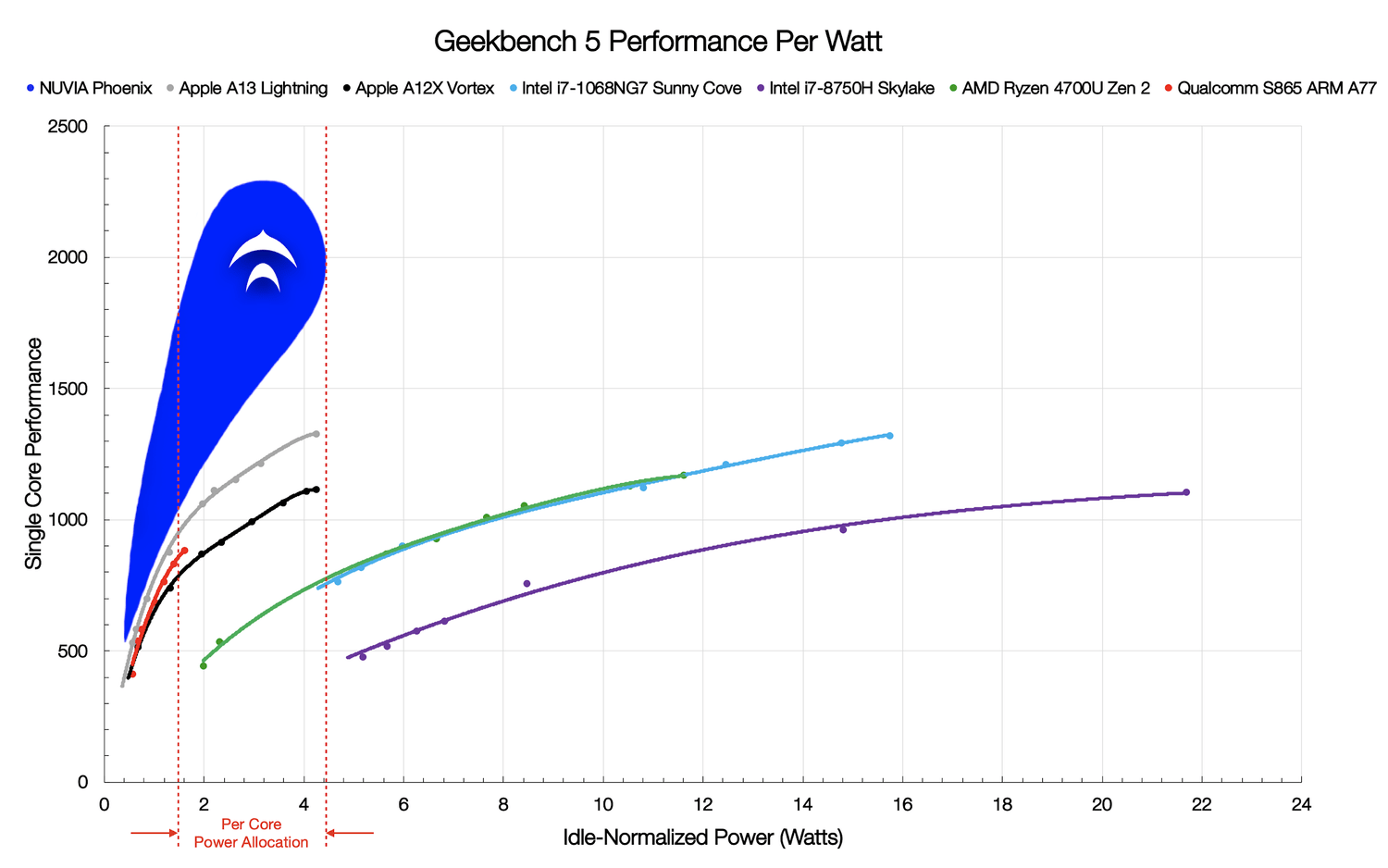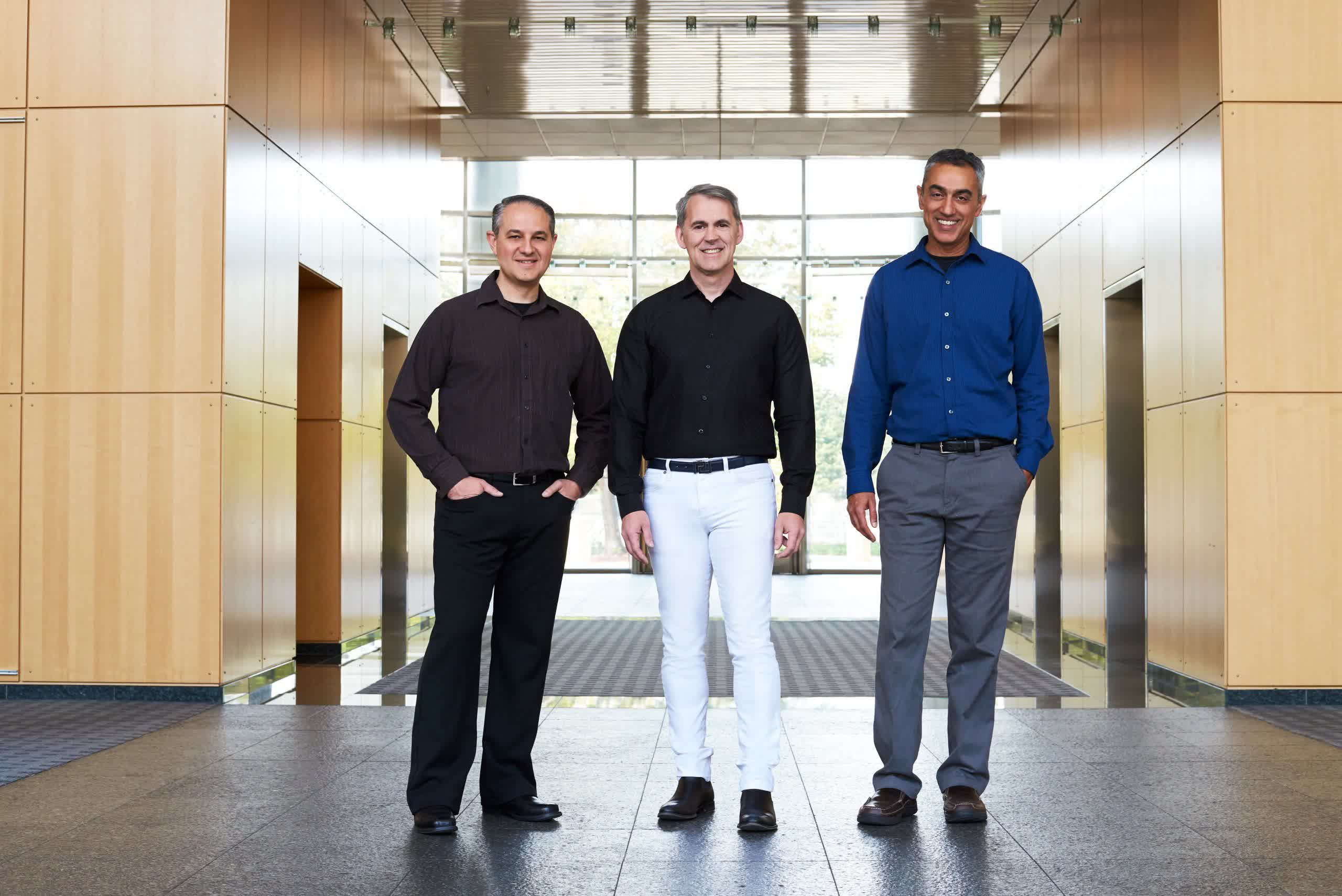Forward-looking: While the spotlight is on Nvidia's acquisition of Arm, a new startup is developing new energy-efficient chips for the server market that have a greatly reduced total cost of ownership and better per-core performance than any of the current low-power x86 and Arm designs.
With all the buzz surrounding Nvidia's acquisition of Arm and its implications on the semiconductor landscape, it would be easy to miss some of the action happening in the background. For instance, companies that operate large data centers are planning to offset their carbon footprint and – in the case of Microsoft – become carbon negative by investing billions in technology that will capture carbon dioxide from the atmosphere. With the help of a new company called Nuvia, they might be able to make those data centers more powerful and more energy efficient at the same time.
Nuvia was founded 18 months ago by former Apple chief of SoC development Gerard Williams, who has 20 years of industry experience under his belt, including a decade as an Arm fellow. The other two founders are Manu Gulati, former Google SoC lead architect at Google, and John Bruno, who worked as a system architect at Google, Apple, and AMD.

They hope to deliver server chips with much better performance per-watt when compared to Intel, AMD, and Apple solutions. To that end, they've created the Orion SoC based on a core design codenamed Phoenix. It's based on the Arm architecture, and Nuvia's John Bruno explains that it has a "complete overhaul of the CPU pipeline" with no need for "marketing-inflated boost clocks that aren't achievable in any real-world applications of server SoCs."
Nuvia used Geekbench 5 in its testing, and found that the Phoenix CPU core can deliver up to two times the performance of the most efficient mobile chips out there within a power envelope of 1 to 4.5 watts per core. Compared to AMD's Ryzen 4700U, the company says it can achieve a 40 to 50 percent higher IPC with only 33 percent of the power consumption.
Recently, they've managed to raise $240 million in new funding, after a more modest $53 million raised in November 2019. However, Nuvia CEO Gerard Williams is currently embroiled in a legal dispute with Apple, who alleges he's using trade secrets related to the A-series SoC he was working on before he left.
Ironically, this served to give Nuvia more notoriety, as did Intel's continued 7nm manufacturing delays that spawned a class action lawsuit. With a bit of luck, Nuvia hopes to complete its first CPU by 2022, and doesn't seem to be worried about Nvidia's ambitions for the same market.
